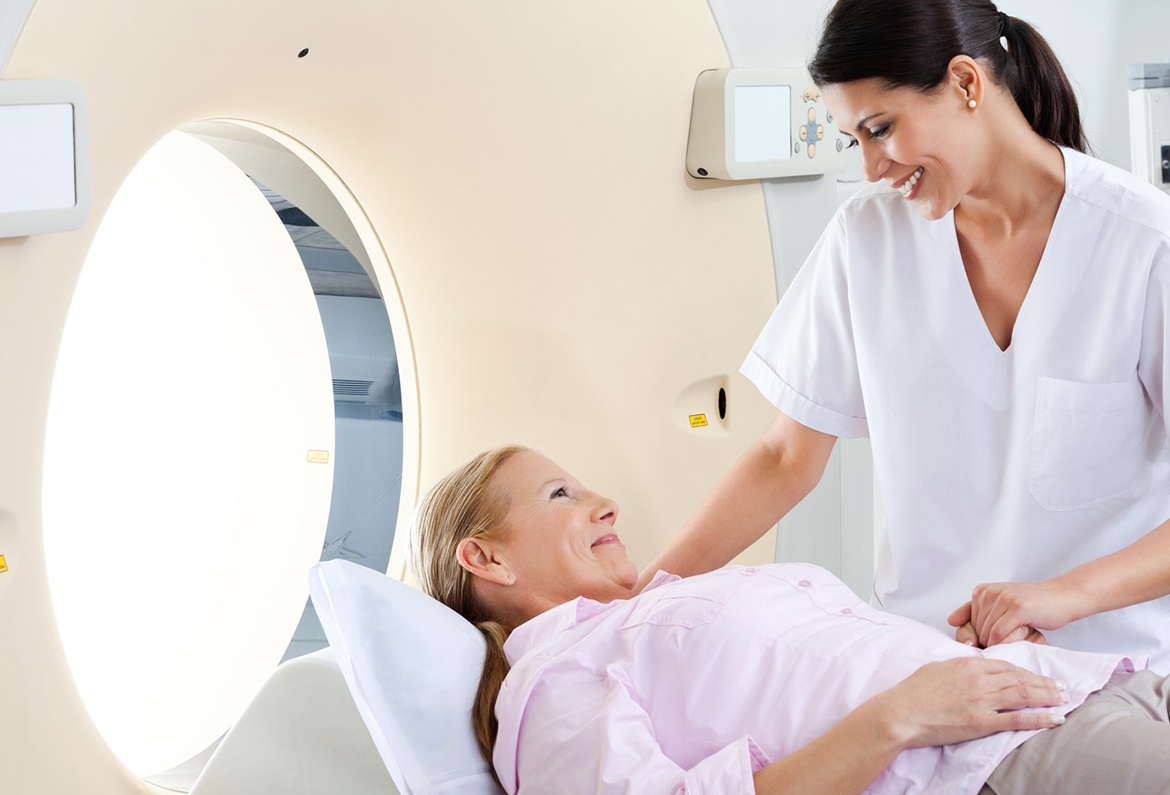
Patient Check In Forms
Please fill forms out completely and bring them with you at time of appointment.
EXAM PREPARATIONS
Electromyography (EMG) and Nerve Conduction Velocity (NCV) studies are ordered to evaluate for injury or disease of muscle, nerve roots, and peripheral nerves. They test the condition of the nerves from the spine, face, and extremities, including the foot and hand. These studies are normally done together and are usually performed as a workup for complaints of pain, weakness, numbness, or tingling.
Tell the EMG doctor if you are taking aspirin, blood thinners (like Coumadin®), have a pacemaker, or have hemophilia. Take a bath or shower to remove oil from your skin. Do not use body lotion on the day of the test. In cold weather wear warm clothing. This includes gloves if your hands are to be tested or warm socks and boots if your feet will be tested.
What to Expect
During the Exam
Nerve Conduction Studies NCSs show how well the body’s electrical signals are traveling to a nerve. This is done by applying small electrical shocks to the nerve and recording how the nerve works. These shocks cause a quick, mild, tingling feeling. The doctor may test several nerves.
Needle EMG (Electromyography)
For this part of the test, a small, thin needle is put in several muscles to see if there are any problems. A new needle is used for each patient and it is thrown away after the test. There may be a small amount of pain when the needle is put in. The doctor tests only the muscles necessary to decide what is wrong. The doctor will look at and listen to the electrical signals that travel from the needle to the EMG machine. The doctor then uses his medical knowledge to figure out what could be causing your problem.
The tests usually take 20 to 90 minutes. You can do any of your normal activities, like eating, driving, and exercising, before the tests. There are no lasting side effects. You can also do your normal activities after the tests.
